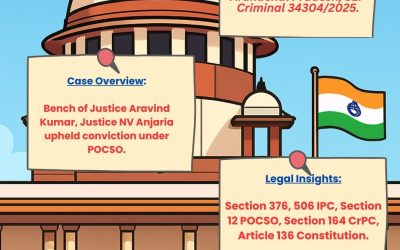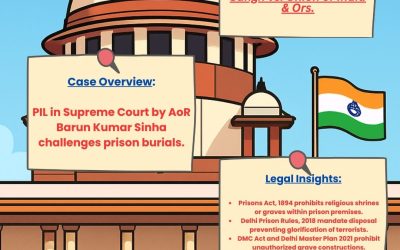Headline
The Supreme Court of India stated that preliminary inquiry is not compulsory for FIR in Cases of corruption.
Summary
The Supreme Court of India stated that a preliminary inquiry is not compulsory before registering an First Information Report (FIR )under the Prevention of Corruption Act, as long as the information reveals a cognizable crime has been committed. The accused cannot claim it as a right. The Supreme Court reinstated an FIR against a public servant of Karnataka in a disproportionate assets case.
Key Facts
- Case Name: State of Karnataka v. T.N. Sudhakar Reddy
- Judges Name: Justice Dipankar Datta and Justice Sandeep Mehta
- Charges: Section 13(1)(b), Section 12, and Section 13(2) of the Prevention of Corruption Act (PC Act).
- FIR History: Karnataka Lokayukta Police filed an FIR, which the High Court quashed. SC restored it.
Legal Insights
- Quoted the case of CBI v. Thommandru Hannah Vijayalakshmi, holding that preliminary inquiry is not a right.
- Distinguished the case of Lalita Kumari v. State of UP, explaining that corruption cases do not need a preliminary inquiry unless the facts demand it.
- The source information report can substitute for a preliminary inquiry if detailed enough.
Impact
- Strengthens efforts of anti-corruption by removing procedural obstacles .
- Ensures that public servants cannot evade the process of investigation using technicalities.
Why It Matters
- Stops unnecessary delays in cases of corruption.
- Upholds investigative discretion while safeguarding against frivolous allegations.
Source








